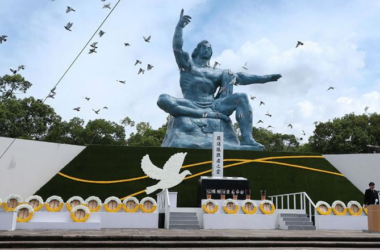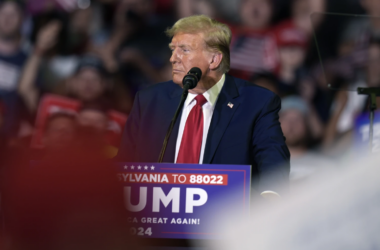In the aftermath of the Israel-Hamas conflict in October 2023, Columbia University found itself in the midst of heightened tensions and protests on American college campuses. While other institutions faced scrutiny over their responses to the war and allegations of antisemitism, Columbia’s President, Nemat Shafik, managed to avoid significant fallout, drawing both support and criticism for her handling of the situation.
The weeks following October 7 witnessed escalating tensions at Columbia, with incidents such as the reported assault of a Jewish student and heated protests involving pro-Israel and pro-Palestinian students. However, as the fall semester concluded, Columbia seemed to fade from the spotlight compared to its peer institutions like Harvard and the University of Pennsylvania.
Supporters of President Shafik commend her diplomatic skills in averting a public relations crisis. However, detractors argue that her approach leans too heavily towards appeasing Israel supporters, leading to discontent among students and some faculty members. Shafik’s decision not to attend a congressional hearing on antisemitism on December 5, citing prior commitments to the COP28 climate conference in Dubai, may have also played a role in diverting attention.
Despite her efforts, President Shafik faces challenges, with critics contending that her call for compassion contradicts what they perceive as a repressive effort to restrain pro-Palestinian protesters. Notably, in November, Columbia’s administration temporarily suspended two pro-Palestinian student groups, Students for Justice in Palestine and Jewish Voice for Peace, a move deemed extraordinary and criticized by some students.
Shafik’s initiatives include the creation of an antisemitism task force, a “Doxing Resource Group” to assist harassed student protesters, and a new civility initiative named Values in Action. While these efforts aim to address concerns and promote informed debate, they have not escaped criticism. The suspension of the pro-Palestinian groups and a call for pro-Palestinian protesters to adhere to a 10-day notice rule have sparked debates on free speech protections.
Shafik, appointed as president in July, brings a wealth of international experience to the role, having served as deputy governor of the Bank of England and president of the London School of Economics. Despite the challenges, supporters commend her nonpartisan approach and responsiveness. However, critics argue that her actions may have inadvertently stifled free speech and hindered the pro-Palestinian perspective on campus.
As Columbia University grapples with the aftermath of Israel-Hamas protests, President Shafik finds herself walking a delicate line, balancing the diverse opinions on campus. The coming semester may bring new challenges and protests, testing the effectiveness of Shafik’s initiatives in fostering dialogue and inclusivity while addressing the concerns of various constituencies within the university community.








